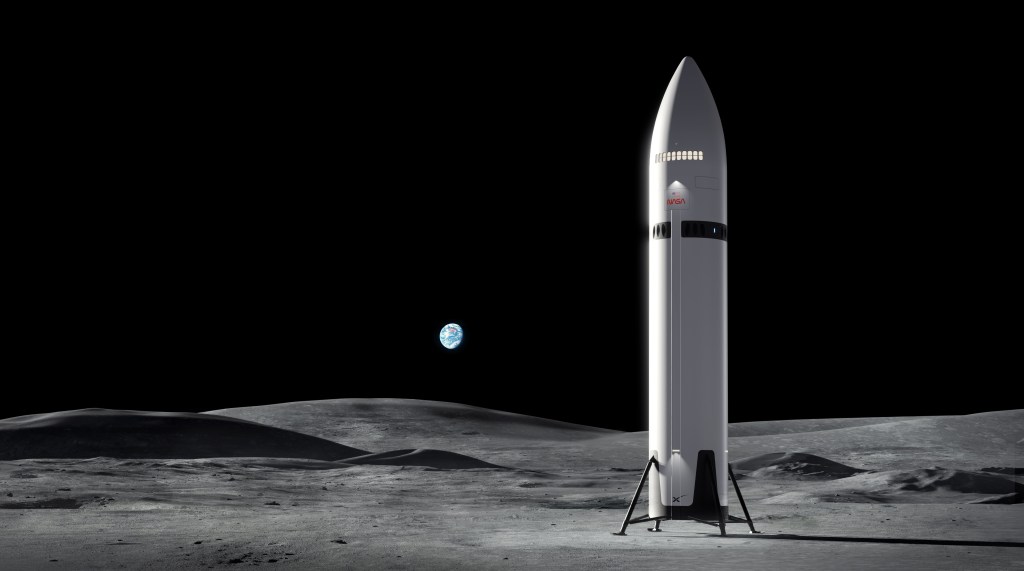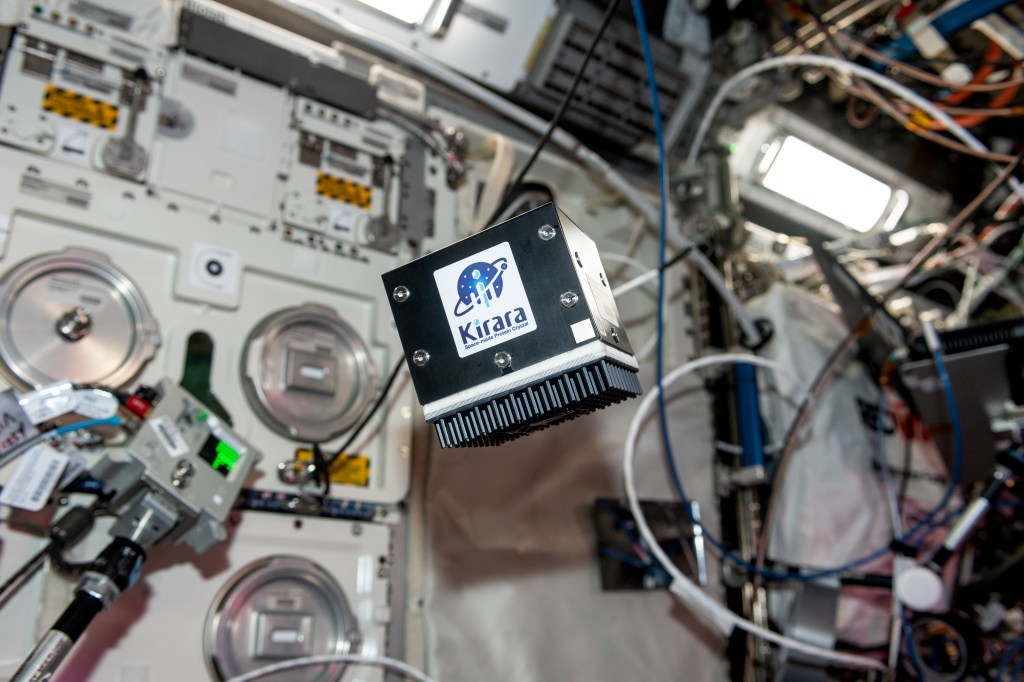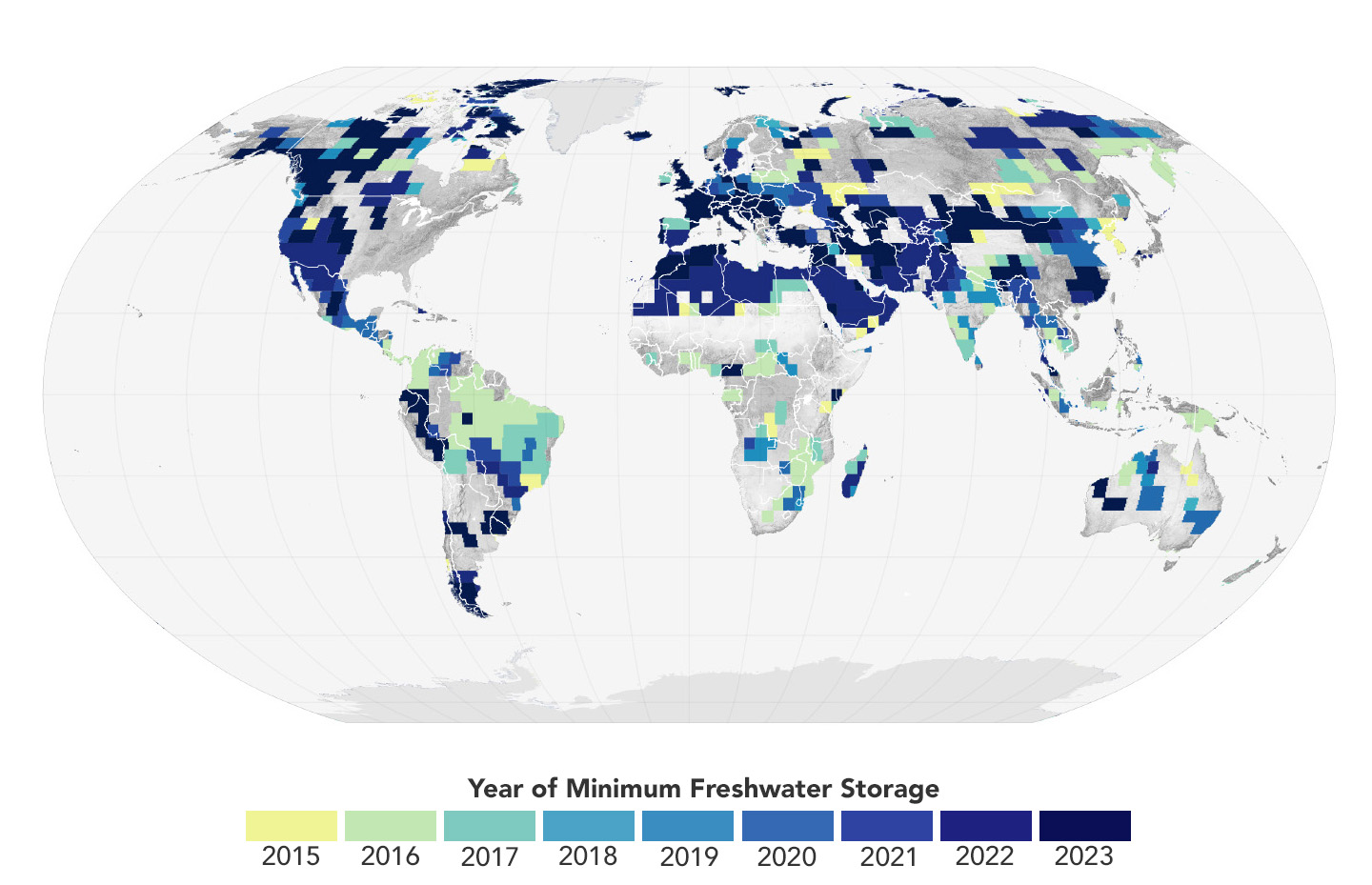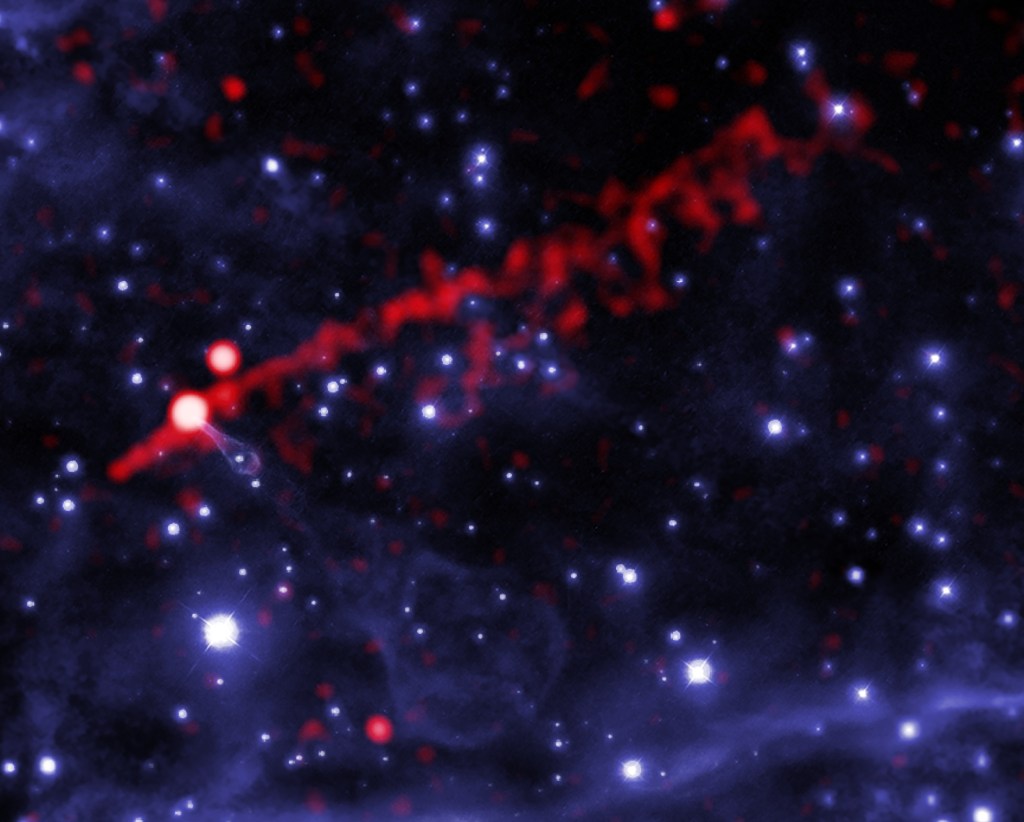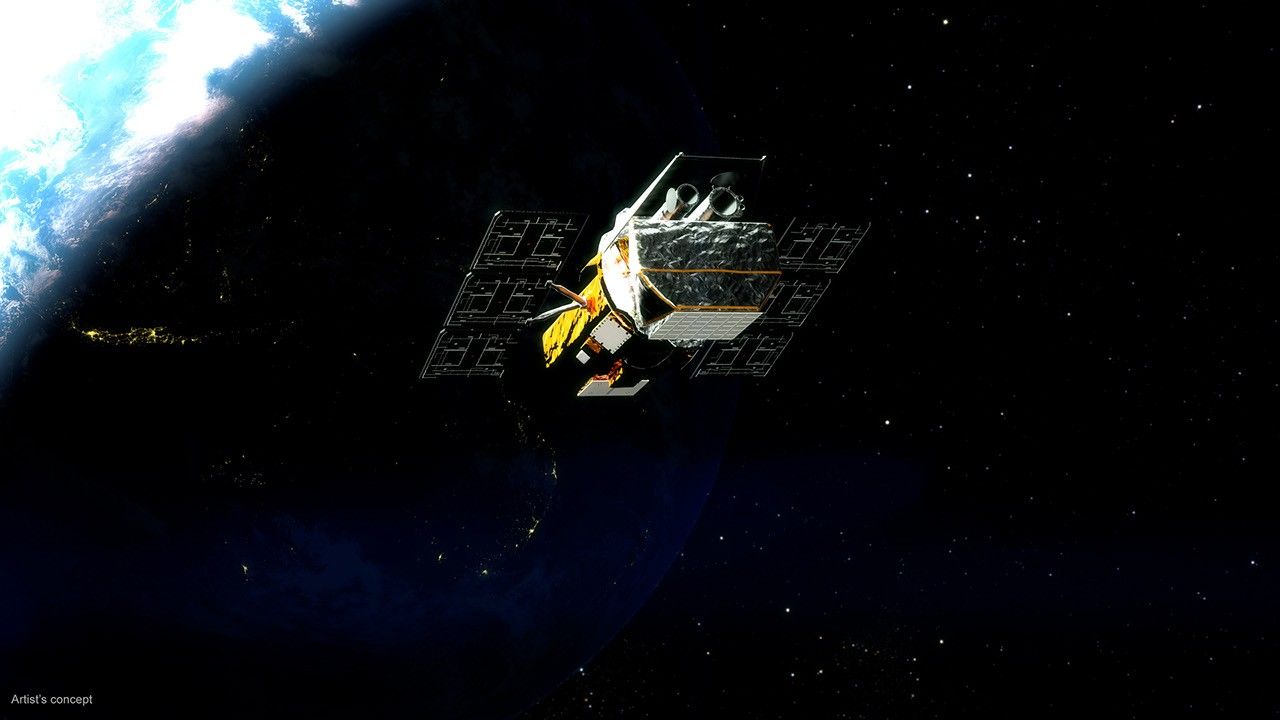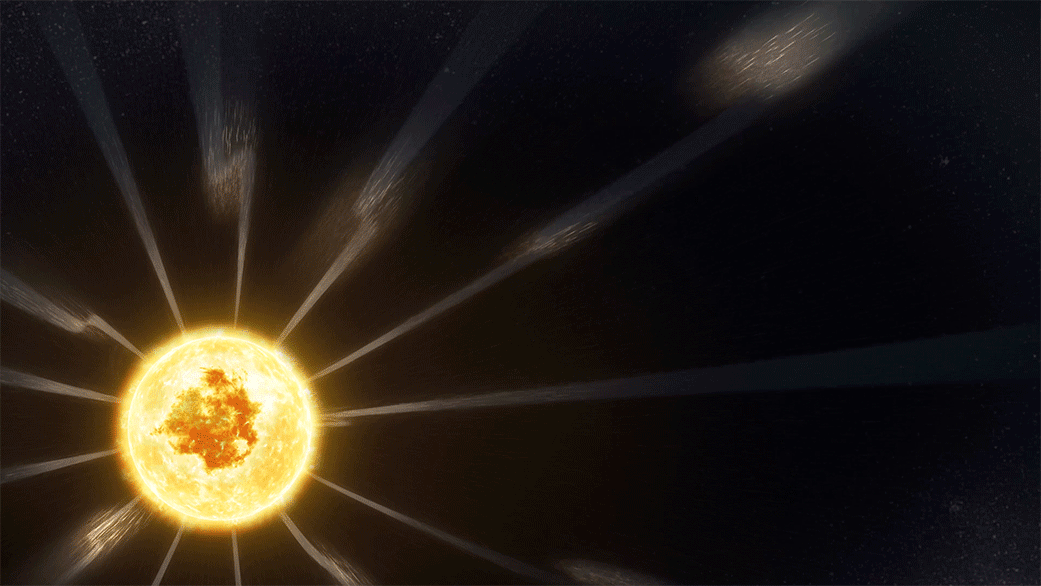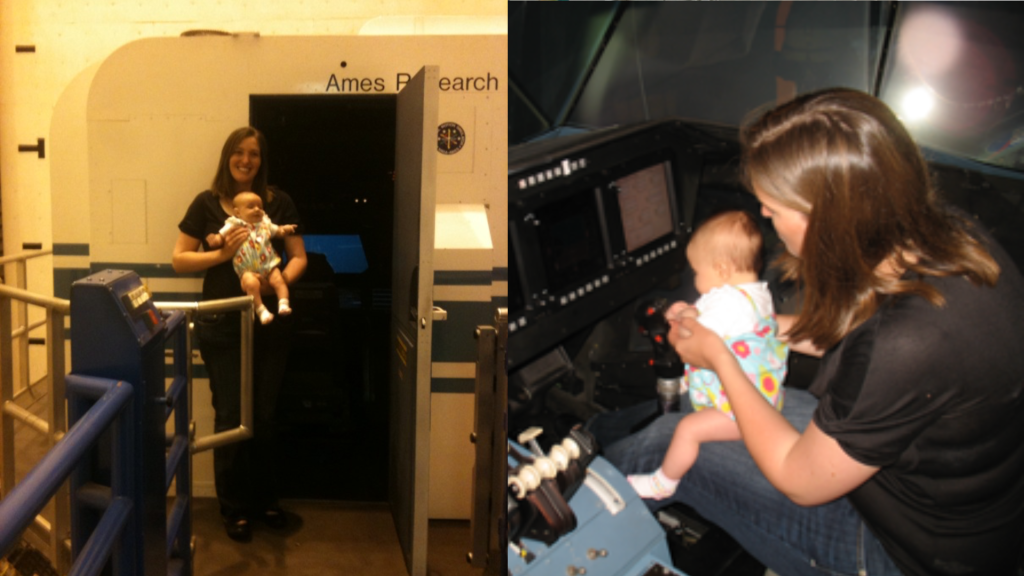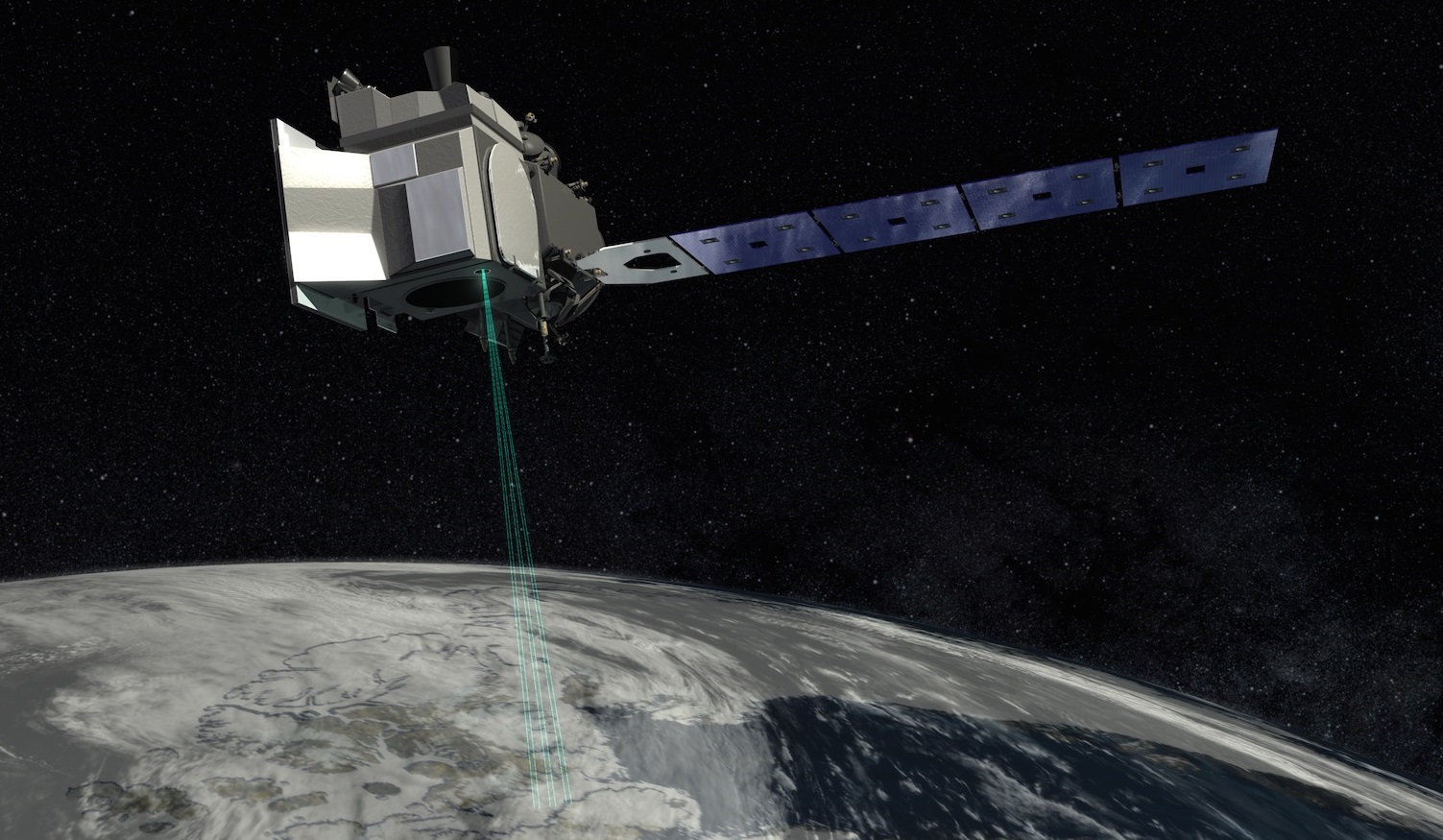Media accreditation is open for the launch of NASA’s Ice, Cloud and land Elevation Satellite-2, or ICESat-2, scheduled for Saturday, Sept. 15, with a 40-minute window opening at 8:46 a.m. EDT (5:46 a.m. PDT). ICESat-2 will provide precise measurements of the changing height of Earth’s glaciers, ice sheets and sea ice.
The spacecraft will lift off from Space Launch Complex 2 at Vandenberg Air Force Base in California on the final launch of a United Launch Alliance Delta II rocket.
Media interested in attending prelaunch and launch activities must submit an accreditation request online at:
International media without U.S. citizenship must apply by 12 p.m. EDT Monday, Aug. 13. U.S. media must apply by 12 p.m. EDT Tuesday, Aug. 28. For questions about accreditation, please email ksc-media-accreditat@mail.nasa.gov.
For questions about the launch, contact the NASA Kennedy Space Center newsroom in Florida at 321-867-2468. Launch date schedule updates will be posted at:
ICESat-2 will measure the height of our changing Earth, one laser pulse at a time, 10,000 laser pulses per second. The satellite will carry a single instrument, the Advanced Topographic Laser Altimeter System (ATLAS), which measures the travel times of laser pulses to calculate the distance between the spacecraft and Earth’s surface. ICESat-2 will provide scientists with height measurements that create a global portrait of Earth’s third dimension, gathering data that can precisely track changes of terrain including glaciers, sea ice, forests and more.
NASA’s Goddard Space Flight Center in Greenbelt, Maryland, manages development of the ICESat-2 mission, including mission systems engineering and mission operations on behalf of the agency’s Earth Science Division. Goddard also built and tested the ATLAS instrument. The ICESat-2 spacecraft was built and tested by Northrop Grumman in Gilbert, Arizona. United Launch Alliance of Centennial, Colorado, is providing the Delta II launch service. NASA’s Launch Services Program, based at Kennedy, is responsible for launch service acquisition, integration, analysis and launch management.
For more information about the ICESat-2 mission, visit:
Join the conversation on social media by following on Twitter at:
Photo and video content for ICESat-2 is available at:
-end-
Steve Cole
Headquarters, Washington
202-358-0918
stephen.e.cole@nasa.gov
Patrick Lynch
Goddard Space Flight Center, Greenbelt, Md.
301-286-2102
patrick.lynch@nasa.gov
Tori McLendon
Kennedy Space Center, Fla.
321-867-2468
tori.n.mclendon@nasa.gov





